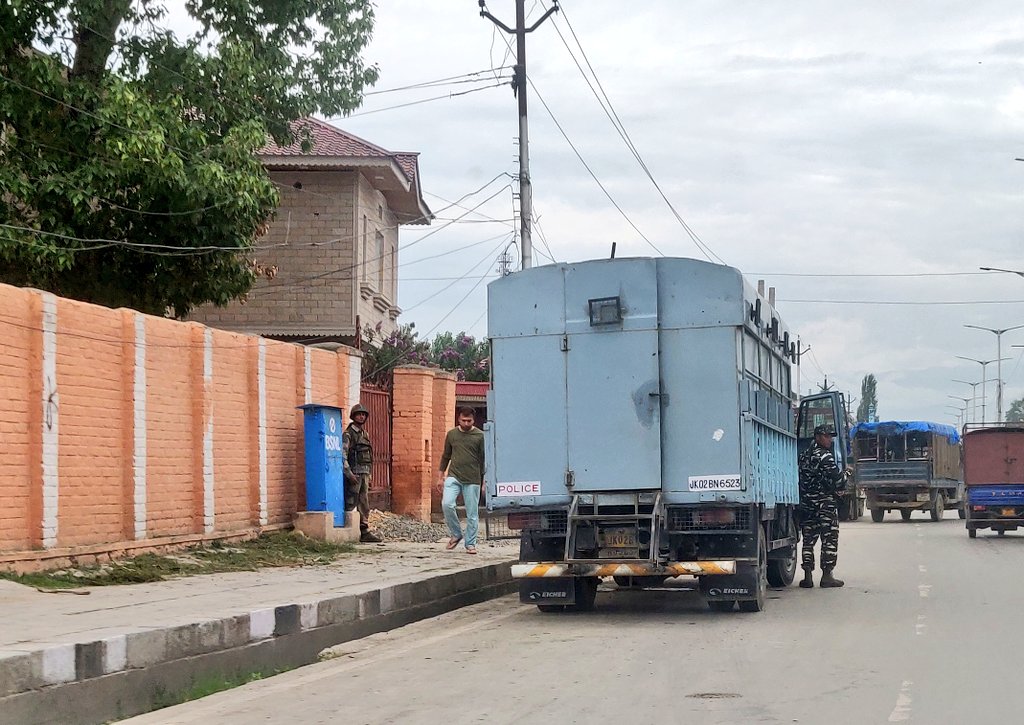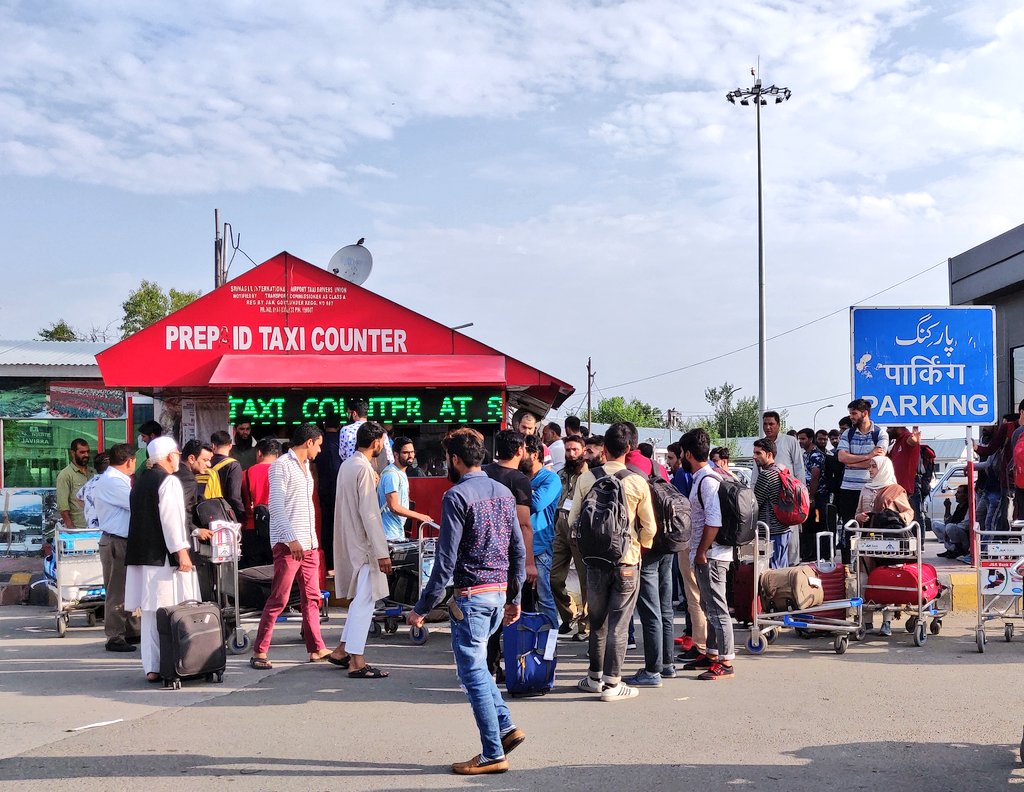'Future Paths for a Public Interest Internet Infrastructure'
Held at the @harvardkennedyschool.
Disclaimer: it was organized by @beatricemartini @C___CS and myself (@nielstenoever)

Infrastructure crosses social contexts, makes applied ethics hard
It creates a feedback loop between the people who are impacted, who implement it, and those who design it. Then standards become a learning infrastructure.
One should always remember that the stack has never been real.
We cannot encrypt the DNS and have it too!
Encryption also made sat comms more expensive for remote communities (because of caching issues)
#economicjustice






